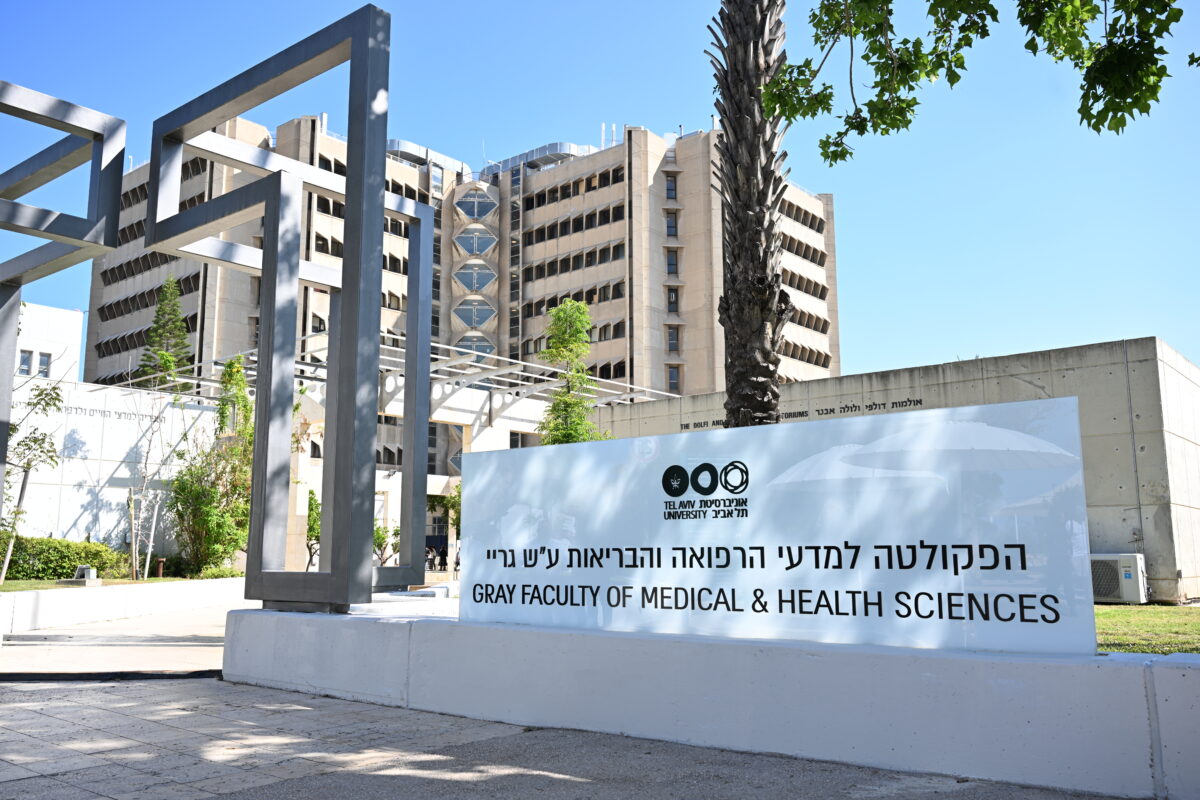Over the past decade, philanthropic leaders in the United States have increasingly turned away from support for international exchanges, especially in the arts.
A deep dive into Candid’s vast data trove reveals that, since 2010, seven of the top 15 funders of international cultural exchange have left the field, either canceling the international component of their work to focus domestically or leaving the arts altogether. The eight that remain range from larger foundations, such as Doris Duke Charitable Foundation, to the mid-size Henry Luce Foundation, to the National Endowment for the Arts.
A report, Promoting Public and Private Reinvestment in Cultural Exchange Based Diplomacy, commissioned by the Robert Sterling Clark Foundation, noted the origins of this downward trend in 2003, a decline that has exponentially worsened with time. This philanthropic loss contributes to dangers facing democracies worldwide, playing directly into the hands of nationalist ideologues and isolationists around the globe.
Private foundations and philanthropic individuals often change giving patterns so, in general, shifts should not surprise us. It is, of course, important that social justice crises at home, cuts in local community services, climate change, pandemics and other matters are getting much overdue funding. The question, however, is whether links between people struggling to address these issues at home and abroad can help steer towards better democratic governance.
Artists and other drivers of culture often serve as a litmus test for the for the health of a democracy and the presence of democratic values. Because of this, they have repeatedly been targets of totalitarian regimes and their admirers. Writers, poets, visual artists, theatre professionals, musicians, media people and intellectuals are treated as more dangerous than political rivals because they can be powerful guardians of cultural identity, both as these identities evolve and as they need protection. They can also act as a barrier to revisionist narratives and propaganda that harm people and reduce opportunities for redress.
As Council of Europe Secretary General Marija Pejčinović Burić wrote in her 2021 Annual Report, “With democracy under great pressure, the key role of arts and culture as powerful means for maintaining constructive dialogue in democratic and open societies becomes ever more evident. The right to freedom of artistic expression is a key to this and ensures the pluralism and vitality of the democratic process.”
When artists and other cultural leaders lose standing in one part of the world, that loss can be infectious and inspire or be used as a justification for similar reductions elsewhere, also constricting the crucial support one region’s cultural leaders can give to their counterparts abroad. Unfortunately, it is all too common to think artists will manage somehow, and when times are better, can return to their well-being, thus trivializing the role they play in societies.
These might seem like issues only big philanthropy has the capacity to tackle, but even very small donors can make a significant difference. For example, our foundation, the Trust for Mutual Understanding (TMU), has a tiny staff of four and an annual grant budget of $2.5 million devoted to exchanges and shared initiatives in the arts and environment. TMU’s grants are typically less than $25,0000 and bring together esteemed professionals across borders to creatively work on common challenges, supporting the development of relationships over time. We’ve brought together tribal leaders from Native communities in Alaska and Indigenous communities across the Bering Strait to preserve languages on the verge of extinction and share sacred dances and practices essential to cultural identity.
One environmental grantee in Russia, working in collaboration with his American partners, has been able to protect nearly 67,000 hectares of ancient forest, salmon spawning grounds, and the adjacent marine area in his home region of the Russian Far East. Theater artists in Hungary and Poland, facing censorship and financial starvation at home, have been welcomed by some of America’s top theaters, giving them a higher international profile, making it more difficult for repressive governments to retaliate against their work.
Another example, our peer funder in size and core values, Lambent Foundation, a project of Tides, has a staff of three and spends $5.5 million domestically and internationally at the intersection of art, culture, and social justice. Lambent Foundation currently provides multi-year, transformative support to roughly 40 core grantees. Lambent’s grantmaking is based on network theory and relationship-building, considering each grantee partner’s organizational health and evolution, allowing for flexibility and sustained support over the long haul.
Although grants from both TMU and Lambent are small, some might even say artisanal, since each grant is carefully crafted to a particular type of partnership, they punch above their weight.
People, including artists, who are linked in serious collaborative work across borders often become longstanding friends who maintain ties over extended periods and form a body of mutual understanding and support that can be positive and motivating for international relations more generally. We can do more to enable them to be part of our diplomacy and provide much needed cross-border dialogue about democracy.
Artists need our help, especially now. And we need theirs. Foundations that have stayed the course hope that others will join us in a renewed commitment to collaborations across borders and boundaries that keep alive artistic and cultural voices for democracy.
Barbara Lanciers is the Executive Director for Trust for Mutual Understanding
The post Philanthropy has the power to combat growing isolationism appeared first on Alliance magazine.
Credit:Source link



